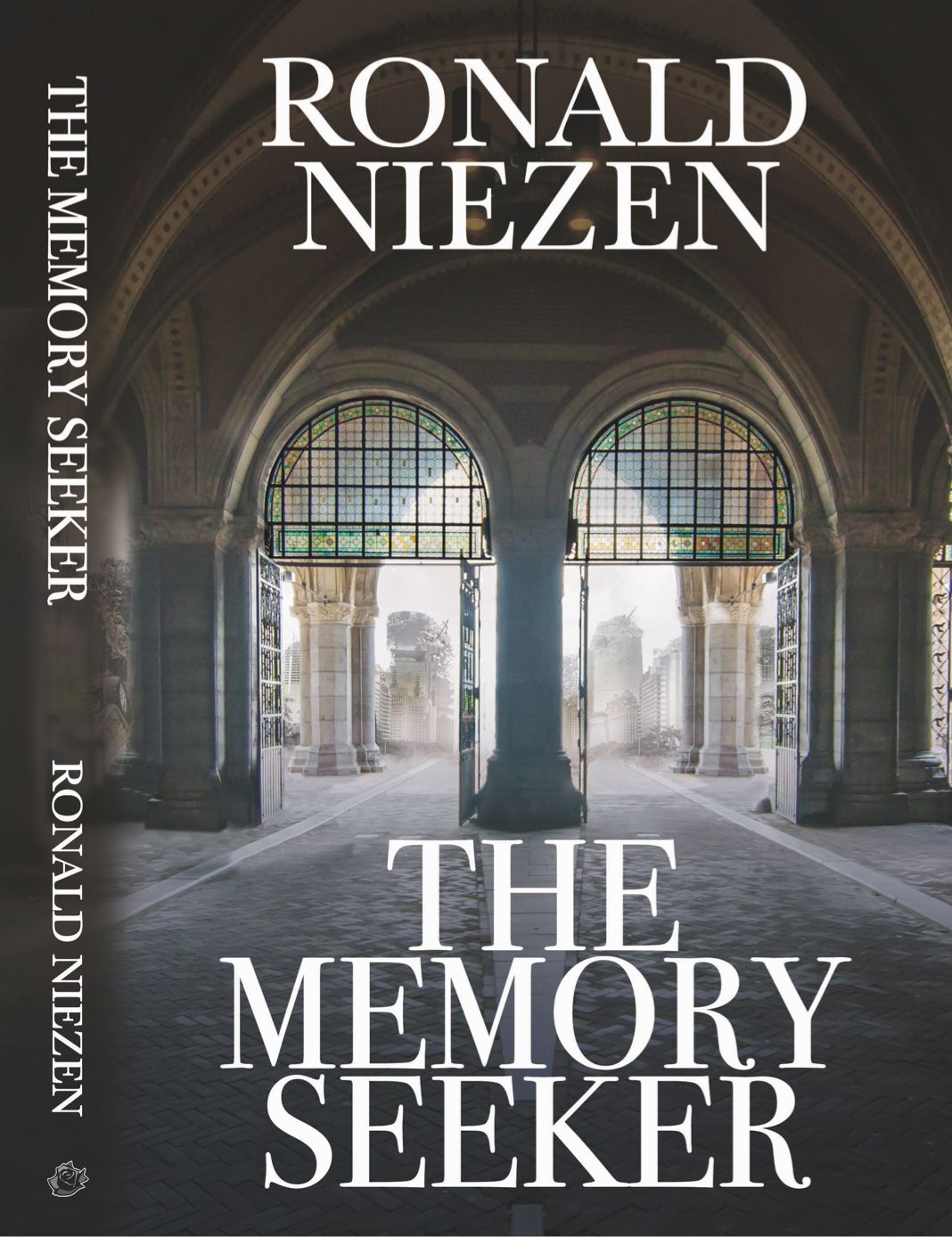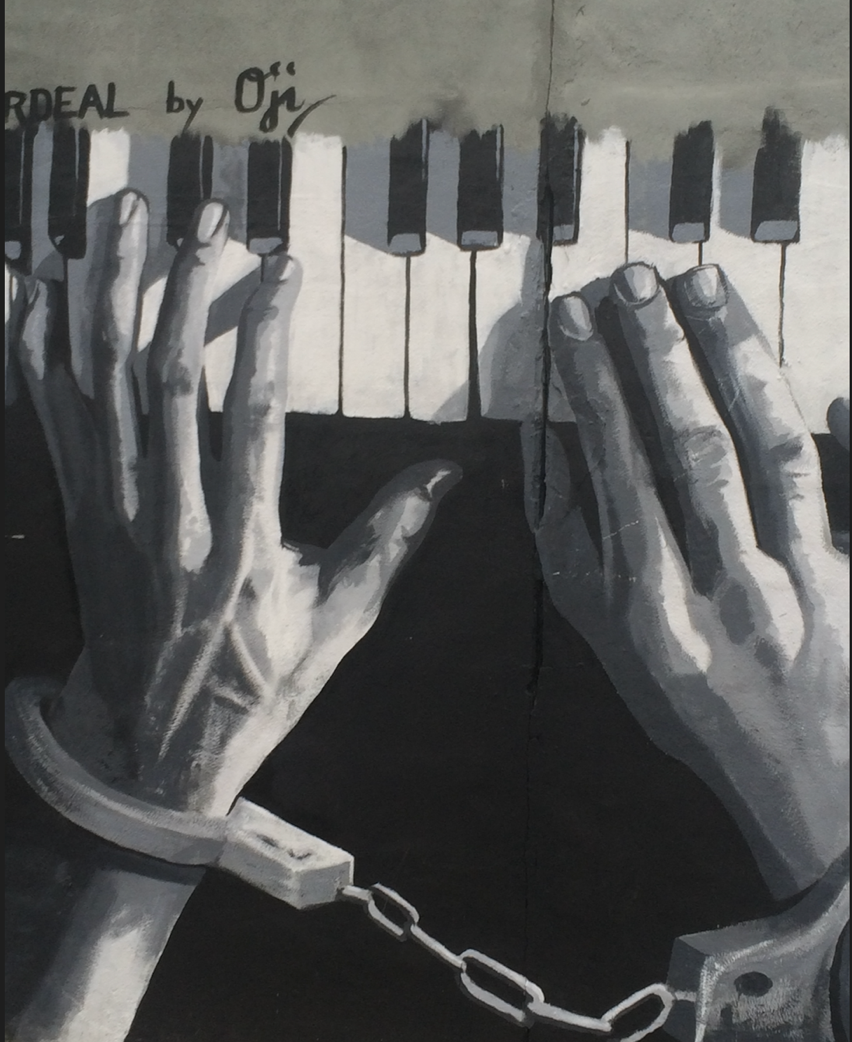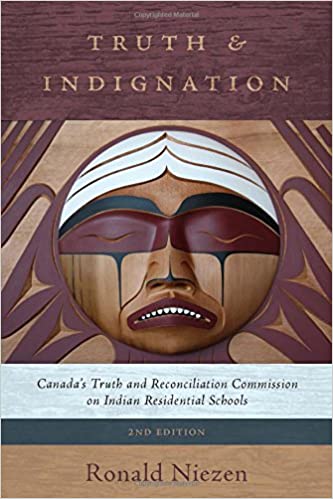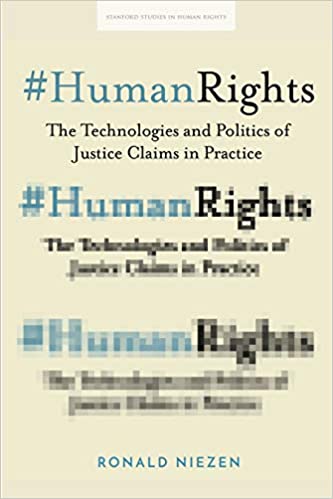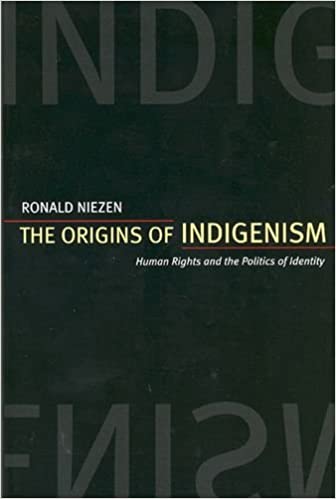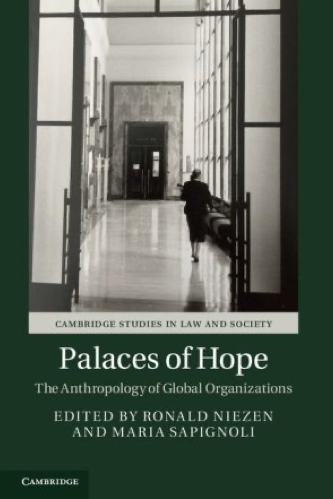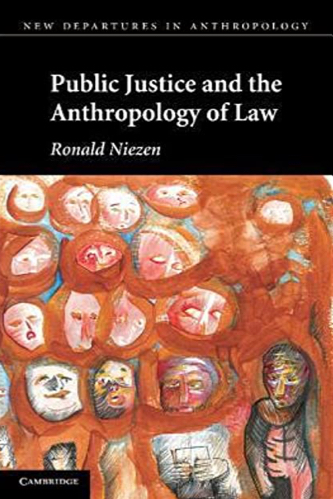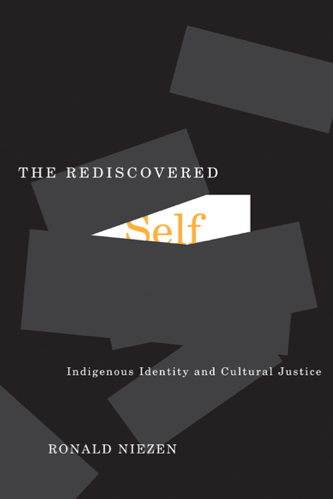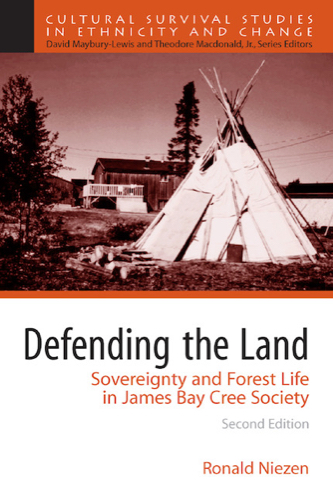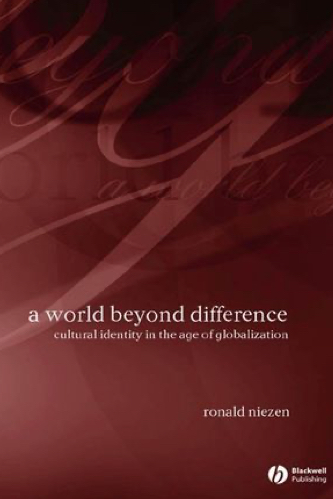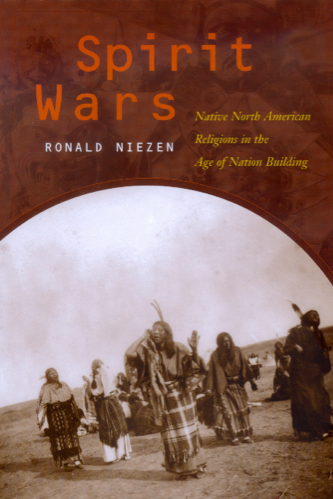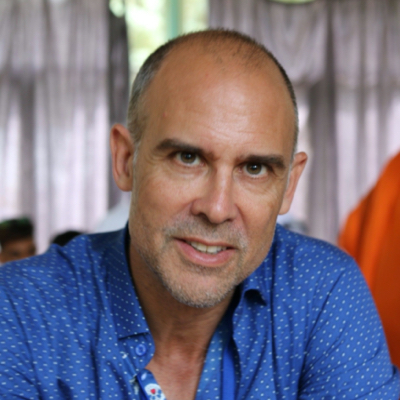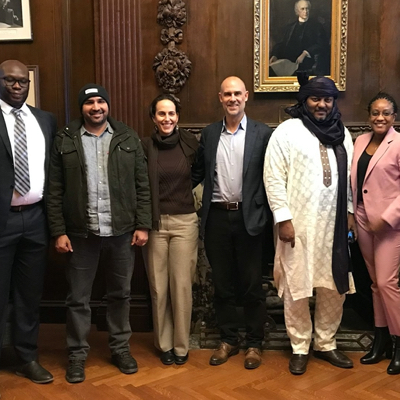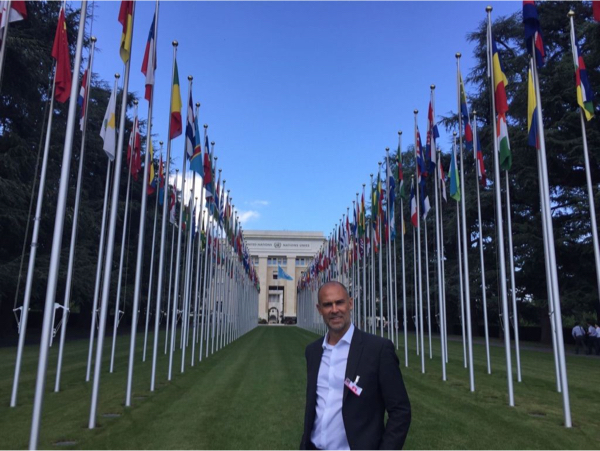
Ronald Niezen
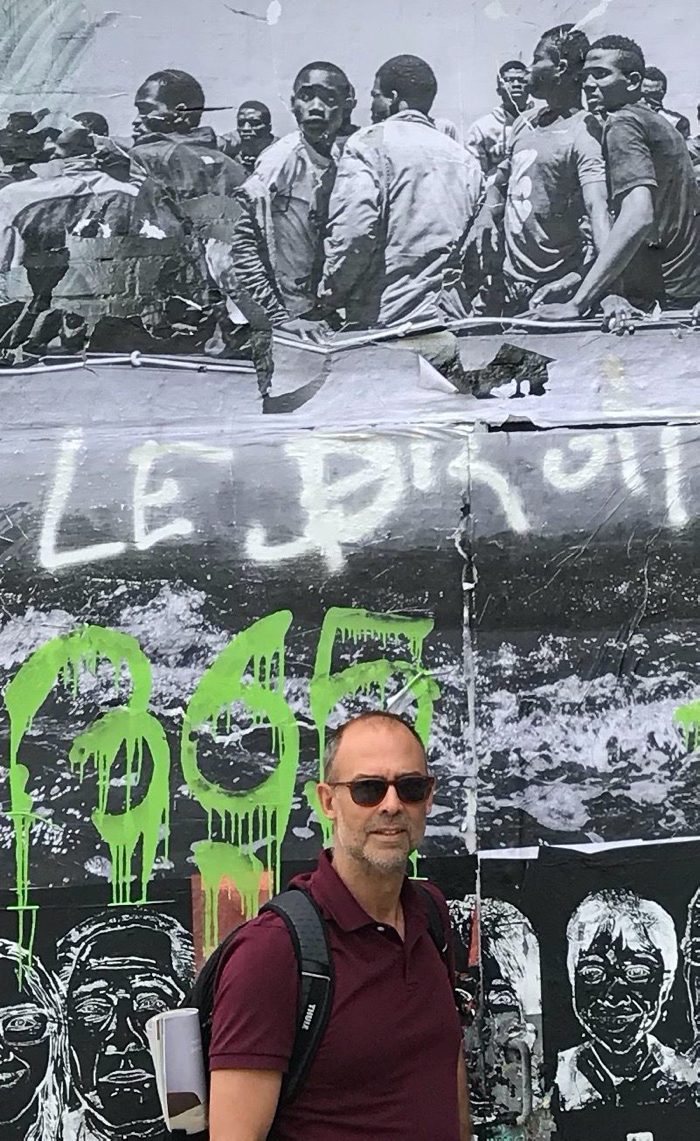
About
the Author
Ph.D Cambridge University

I am a Professor of Practice at the University of San Diego, where I teach in the departments of Sociology and Political Science / International Relations. I was formerly Distinguished James McGill Professor in Anthropology and an Associate Member of the Faculty of Law at McGill University, where I taught from 2004 to 2022.
An anthropologist by training and profession, I received a PhD at Cambridge University based on fieldwork in northern Mali, in the Gao region that is now marked by violent conflict and insecurity. I studied an Islamic reform movement that was a precursor of a violent jihadist insurrection in 2012-2013. After graduation, I moved to Montreal and took a job with the Cree Board of Health and Social Services of James Bay. This was the start of a decades-long involvement with Indigenous rights movements based in northern Canada, northern Europe, West Africa (Mali), and southern Africa (Botswana and Namibia). I pursued this topic through the 1990s, during my first academic appointment at Harvard University, in Anthropology and in the Committee on Degrees in Social Studies. After publishing The Origins of Indigenism, I began (encouraged by others) to see myself as a legal anthropologist, as someone interested in the variety of human legal experience, yes, but above all in how legal institutions shape new forms of human belonging. This shift in professional identity was given a boost by my appointment to the Katherine A. Pearson Chair in Civil Society and Public Policy from 2013 to 2020, following which I was appointed to my current position. I wrote #HumanRights during a year at Harvard as Visiting Professor in the Department of Anthropology and the Weatherhead Center for International Affairs, which gave me the freedom to write and explore the issues of digital security, surveillance, witnessing, and investigations that now make up our new information ecosystem and underpin the emerging forms of and prospects for human rights.
Work
New Books
““One of the year’s best historical thrillers.”
Five Stars. “The historical novel The Memory Seeker is graphic in detailing the lasting, damaging effects of wars and falsehoods.”

“Well-researched and masterfully told, this powerful tale about war crimes pulls no punches.”
“The Memory Seeker is a remarkable book. At its heart it is a detective novel of sorts, written in evocative and page-turning prose, with twists and turns all the way through. But it is more than that, raising important questions about the importance of holding perpetrators to account and the difficulties of doing so…”
“Incredibly well-researched, Niezen’s The Memory Seeker tells a powerful tale that weaves the best of story-telling with an accuracy that reflects his deep immersion into the fields of online and offline investigations. Spanning Timbuktu to The Hague, The Memory Seeker is a must-read, especially for those who work in international law!”
“An astonishing debut novel that establishes Ronald Niezen as one of the most exciting new voices in historical fiction.”
Available Now on Open Access
Narratives of Mass Atrocity: Victims and Perpetrators in the Aftermath
eds. Sarah Federman & Ronald Niezen
Areas of Interest
Human Rights and the United Nations
Media Studies
Suicide and Mental Health
Indigenous Studies
Intellectual History
Video & Audio PResentations
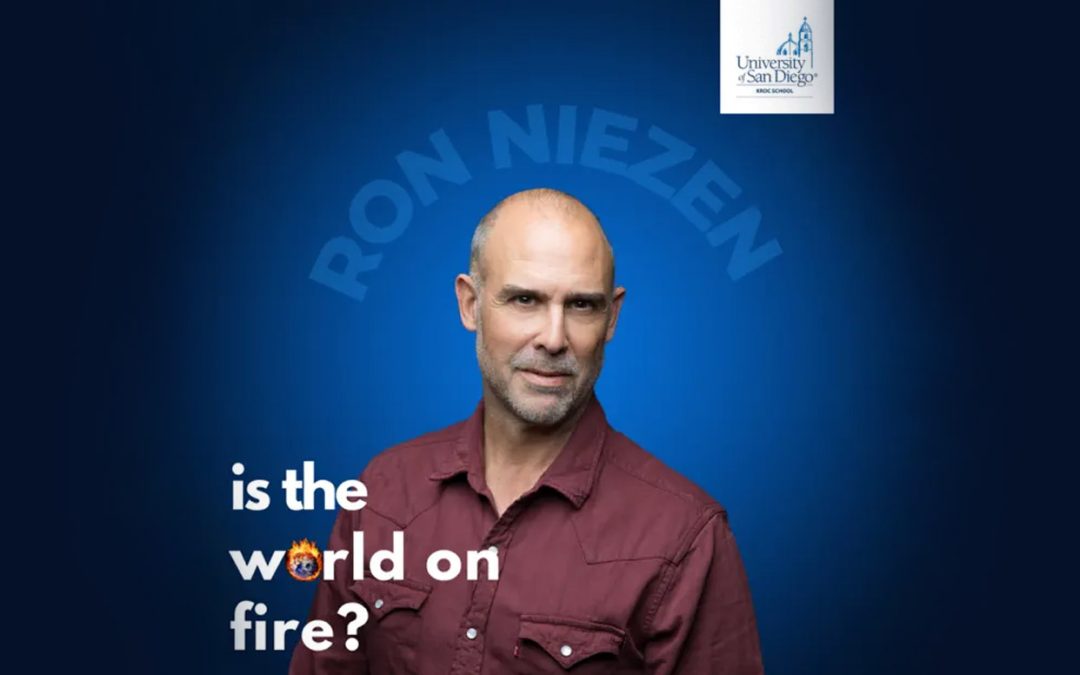
The Memory Seeker
What is the relationship between authoritarianism, storytelling, and memory? Ronald Niezen—author of "The Memory Seeker"—reflects on the intricacies of war crimes, the temptations of revenge, and our obligations to the past. Ronald is an expert in digital activism and...
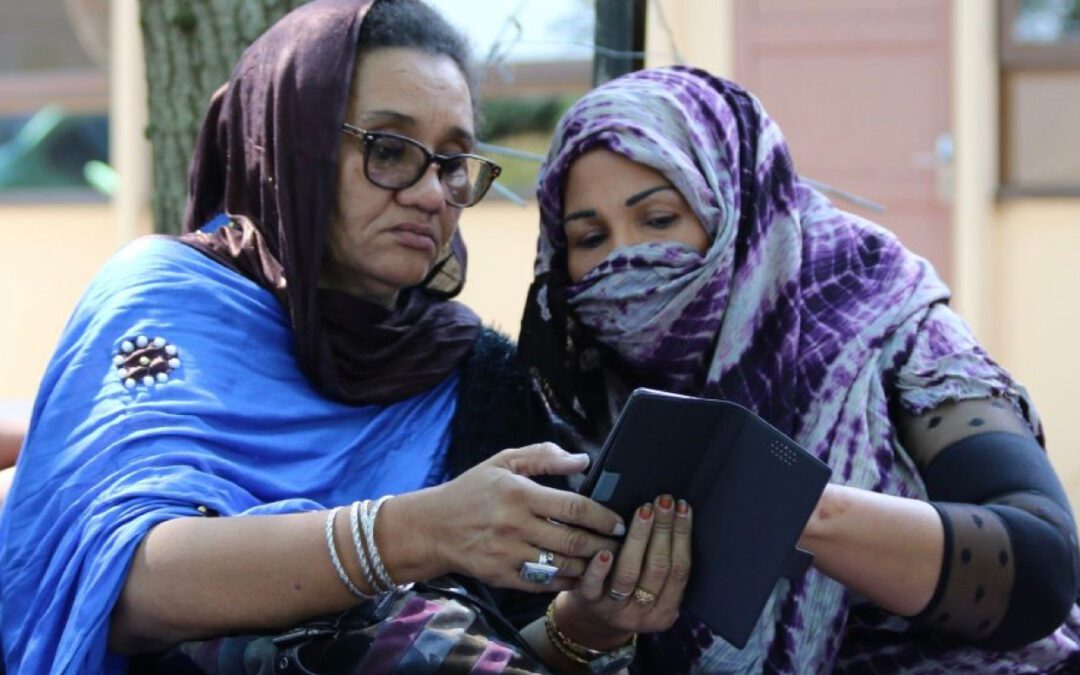
Oxford Seminar: Justice Digital Archives and the Criminal State
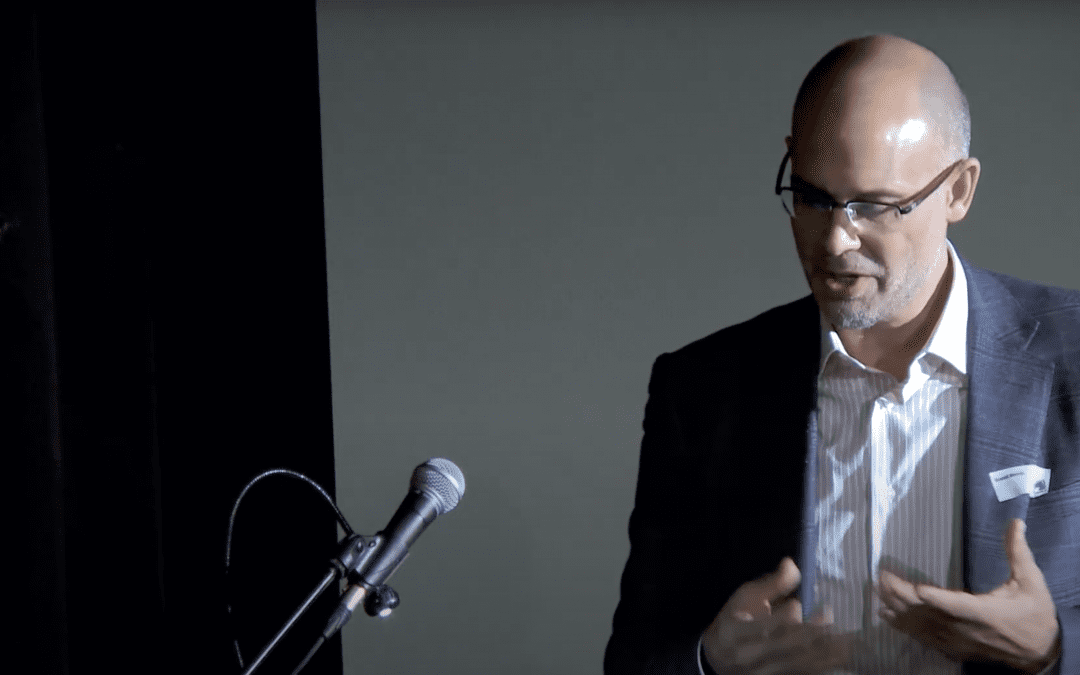
II. Spoils of Empire
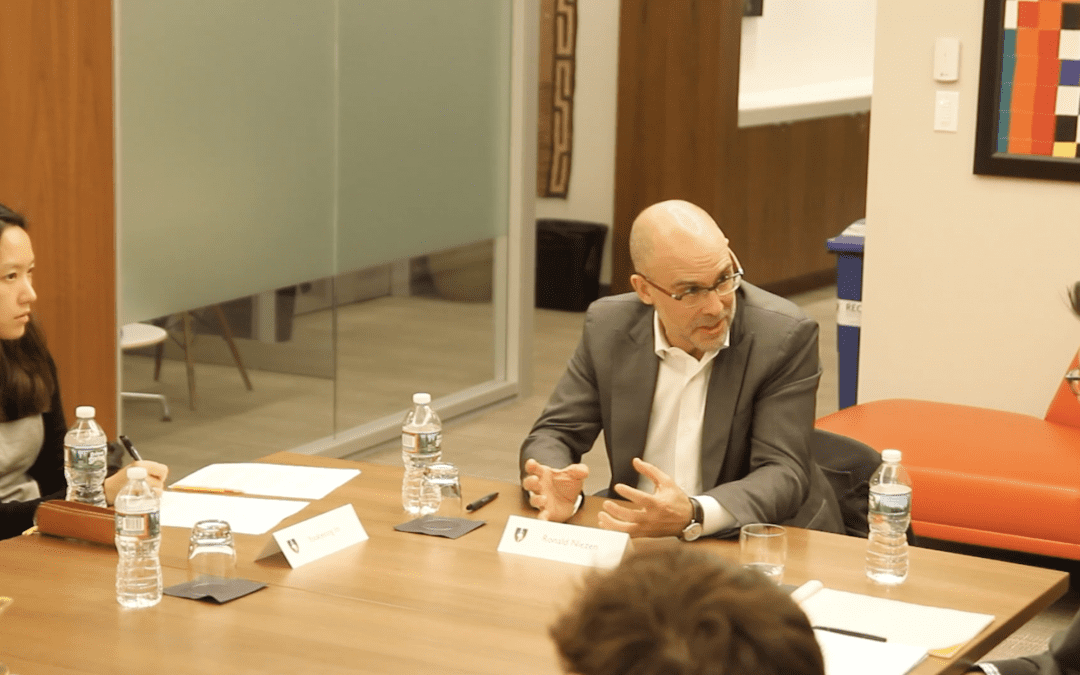
Harvard African Studies Workshop
Collaborations With
Sarah Federman
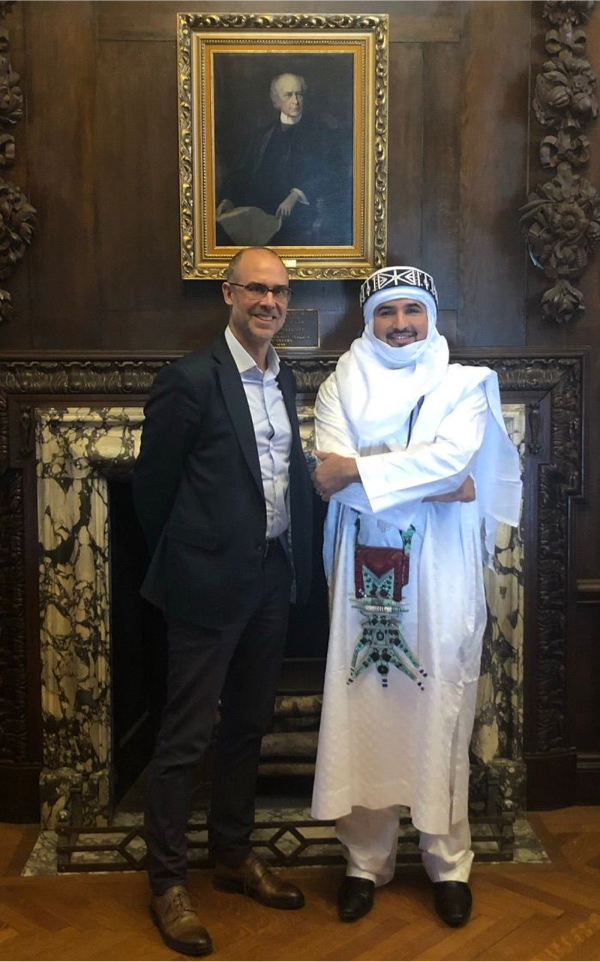
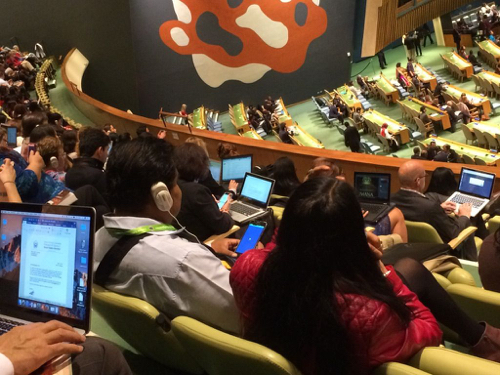
Worldwide Contacts & Connections


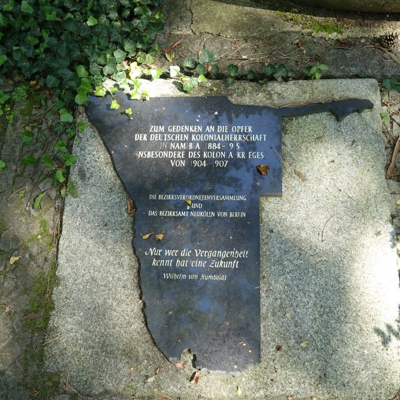
Social Media
Follow
Ronald Niezen
Get In Touch

